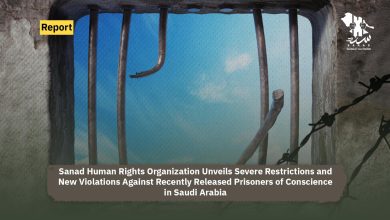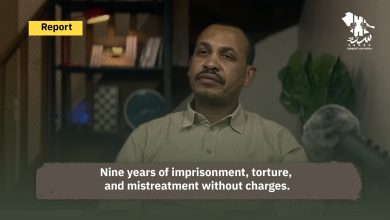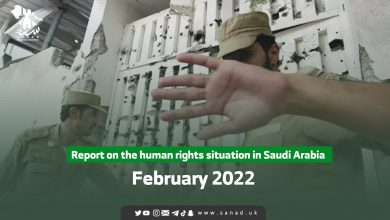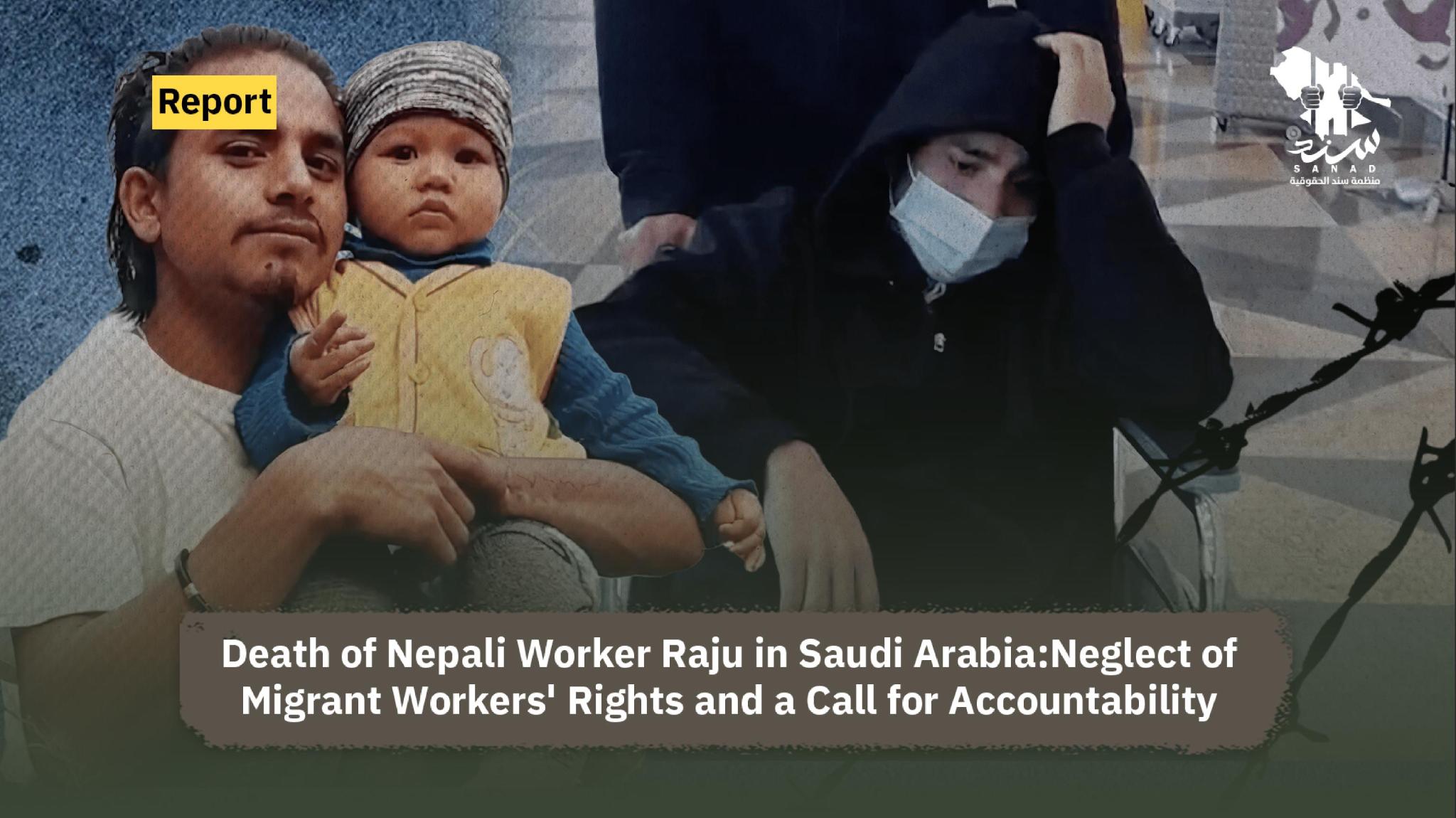
Death of Nepali Worker Raju in Saudi Arabia: Neglect of Migrant Workers’ Rights and a Call for Accountability
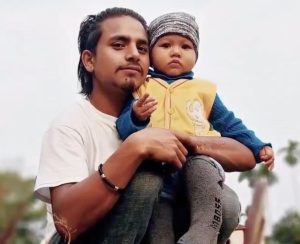
Nepali worker died while working in Saudi Arabia under harsh and inhumane conditions, highlighting the suffering of millions of migrant workers in Saudi Arabia who face unsafe working environments and a restrictive sponsorship system (kafala) that limits their freedoms and puts their lives at risk. This report by Sanad documents the details of this case and shines a light on the violations faced by migrant workers in Saudi Arabia, urging immediate action to address these practices.
Raju arrived from Nepal in good health but developed kidney problems two months after his arrival. Despite filing a complaint with the housing manager, it was dismissed as malingering to avoid work. Raju spent seven months suffering in his accommodation, with the company refusing to provide treatment or allow him to return home. When he insisted on returning to Nepal, his sponsor demanded a fine equivalent to five months’ salary, making him unable to leave. His employer exploited his deteriorating health, forcing him to work even as his condition worsened. His coworkers were compelled to transport him in a wheelchair. Before his death, Raju sent a distress message to an acquaintance in Nepal, pleading for help, but he passed away before being admitted to a hospital, only taken there posthumously. No investigations were opened by the company he worked for, and Saudi authorities listed the cause of death as “heart failure and respiratory arrest due to unknown reasons.” Raju, like many other workers, worked without health insurance.
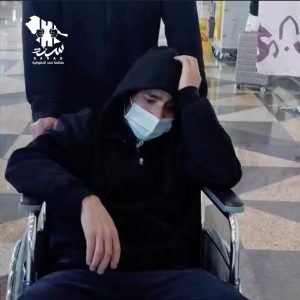
Saudi Arabia has become a major destination for migrant workers from around the world. However, these workers face difficult conditions and legal exploitation due to the kafala system, which subjects them entirely to the control of their sponsor, with low wages, document withholding, a lack of legal protections, unsafe housing, and no health insurance. Furthermore, Saudi Arabia lacks effective oversight over labor conditions, leading to a series of abuses often ignored by the authorities.
In addition to Raju’s death, the documentary Uncovering the Kingdom revealed the severe abuses faced by workers in Saudi Arabia, where they endure harsh and inhumane working conditions. This includes long working hours of up to 16 hours per day and continuous weeks of work without adequate rest or leave, depriving them of necessary sleep and exposing them to serious health issues. The documentary also showed that workers’ accommodations lack the minimum requirements for a decent life, as they live near bathrooms in spaces devoid of cleanliness and adequate ventilation, increasing the risk of illness. These harsh conditions have led to the deaths of some workers, including Raju.
The film highlighted that workers suffer from delayed wage payments or months-long denial of their salaries, as well as the confiscation of their passports, depriving them of basic rights and stripping them of any means to defend themselves. It also exposed the threats and pressures workers face if they speak out about their suffering on social media, reflecting the extent of repression and daily violations they endure.
With Saudi Arabia recently awarded the right to host the 2034 World Cup, concerns are mounting over the fate of migrant workers who will face increased pressure to construct sports venues and other infrastructure. Such major sporting events should not come at the expense of workers’ dignity and rights; continued violations may result in further tragic stories like Raju’s unless immediate intervention occurs.
The Saudi authorities, led by Crown Prince Mohammed bin Salman, bear direct responsibility for Raju’s death and the inhumane conditions faced by migrant workers in Saudi Arabia. The continuation of repressive labor policies and tolerance of exploitative practices against foreign workers indicates a tacit acceptance of disregard for the lives and dignity of these workers, showing Saudi Arabia’s lack of commitment to any ethical or human rights standards.
Sanad strongly condemns Raju’s death and calls on Saudi authorities to abolish the kafala system immediately and enforce laws that protect migrant workers. Additionally, it urges FIFA to withdraw the 2034 World Cup from Saudi Arabia unless it commits to providing a humane working environment that respects workers’ rights and compensates Raju’s family and all the families of workers who have lost their lives in Saudi Arabia due to the government’s mismanagement of migrant labor. Raju’s death is only one of many similar cases occurring daily among foreign workers in Saudi Arabia, with the government’s implicit complicity in these abuses.


